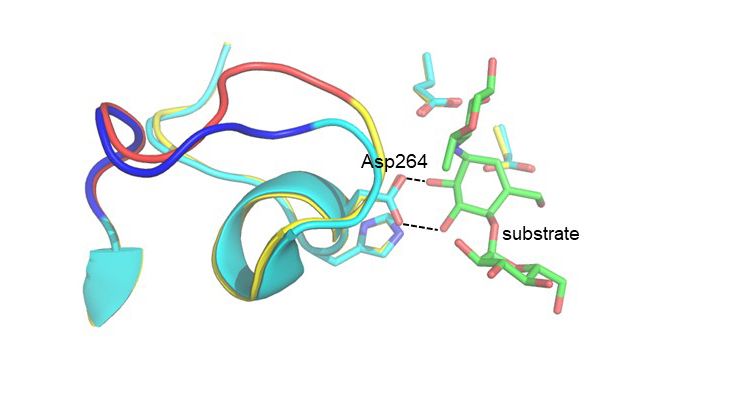Difficult decisions led to unequal vaccination rates
There was a significant difference in the speed with which different groups were vaccinated against COVID-19. One explanation could be that people absorb information and make decisions in different ways. A new study shows that among people with the highest cognitive ability, 80% had been vaccinated within 50 days. Among those with the lowest cognitive ability, it took 180 days to achieve the same


